CSE announces 2023 faculty promotions
Jonathan Beaumont
Promoted to Lecturer IV
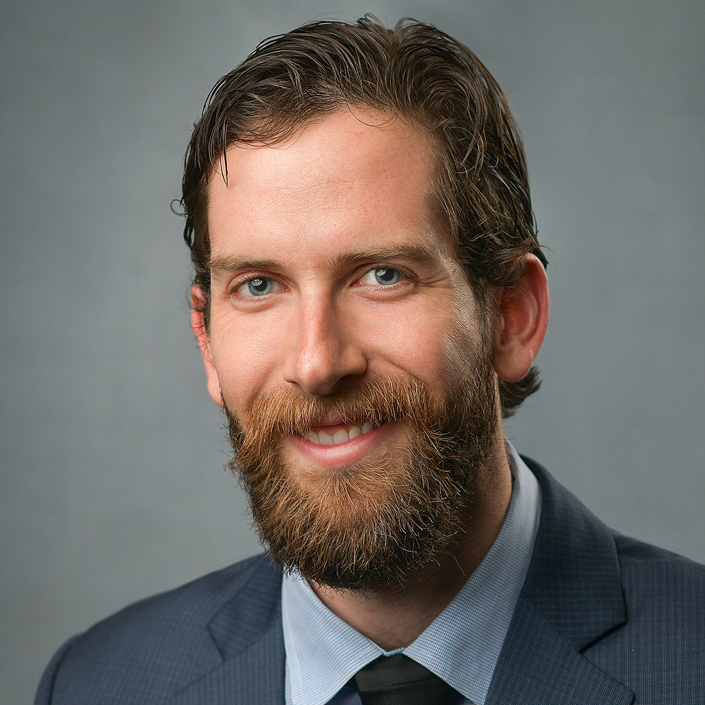
Dr. Beaumont joined the department as a Lecturer III in Fall 2019. He often teaches EECS 370, Introduction to Computer Organization; EECS 280, Programming and Introductory Data Structures; and EECS 470, Computer Architecture. Beaumont also recently introduced a special topics course, Quantum Computing for the Computer Scientist, which explores the impact and limitations of this new technology with respect to applications including cryptography, machine learning, and computational physics.
Beaumont has served on the CS Kickstart staff, a program designed to acclimate incoming first-year women to the discipline, and as a teaching consultant with CRLT-Engin. In 2021, EECS students voted him HKN Professor of the Year.
Kimberly Khalsa Diaz
Promoted to Lecturer IV
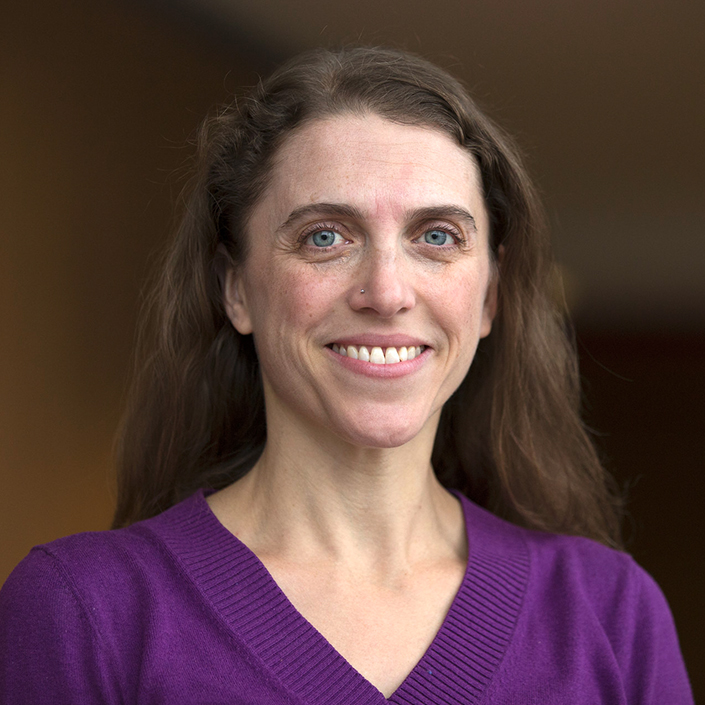
Dr. Diaz joined the department as a Lecturer I in Fall 2017 after previously teaching at Concordia University and became a Lecturer III in Fall 2019. She often teaches EECS 203, Discrete Math, and has taught EECS 183, Elementary Programming Concepts, and EECS 351, Introduction to Digital Signal Processing. Diaz keeps her lectures interactive, guiding students in Discrete Math through real-time problem solving on important topics in discrete probability and engaging them through inquiry-based learning, active discussion, and paired learning opportunities.
Diaz is the lead instructor for EECS 203’s partnership with the Foundational Course Initiative, which is focused on course improvements including increased transparency, creating a welcoming and collaborative learning space, and better student support. She is also a co-PI for the Renew CS initiative, which is funded by the Center for Inclusive Computing and aimed at expanding efforts in the Division to increase the number of women studying computing.
Roya Ensafi
Promoted to Associate Professor with tenure
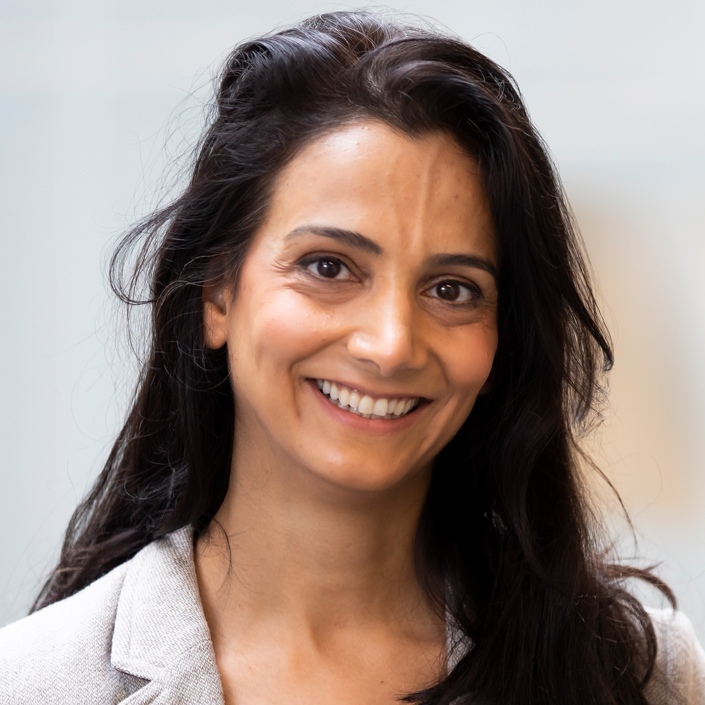
Prof. Ensafi joined the department as a research assistant professor in Fall 2017 and became assistant professor in 2019. Her research broadly lies at the intersection of networking, security and privacy, and Internet measurement, and she builds scalable techniques and systems to protect users’ Internet experiences from disruption, surveillance, and digital inequity. Her work takes a data-driven approach to detecting and defending against powerful network intermediaries, government threat actors, and technologies and practices that impact users’ freedom of expression online.
Ensafi was selected as a Consumer Reports Digital Lab Fellow in 2020, and in 2021 was named a Morris Wellman Faculty Development Professor. In 2023, she was named a Sloan Fellow and received an NSF CAREER Award.
Manos Kapritsos
Promoted to Associate Professor with tenure

Prof. Kapritsos joined the department in Winter 2017 as an assistant professor.
His research interests are in increasing the reliability of distributed systems with a goal of bringing formal verification to developers and other practitioners. He has recently demonstrated how formal verification can be applied to complex distributed systems; how to verify high-performance cryptographic code; how to rethink replication protocols in the presence of service interactions; how to automate the verification of distributed protocols; and introduced a new approach for verifying high-performance concurrent code.
Kapritsos received an NSF CAREER Award in 2021, and in 2022 was recognized by the College of Engineering with the Jon R. and Beverly S. Holt Award for Excellence in Teaching.
Honglak Lee
Promoted to Professor
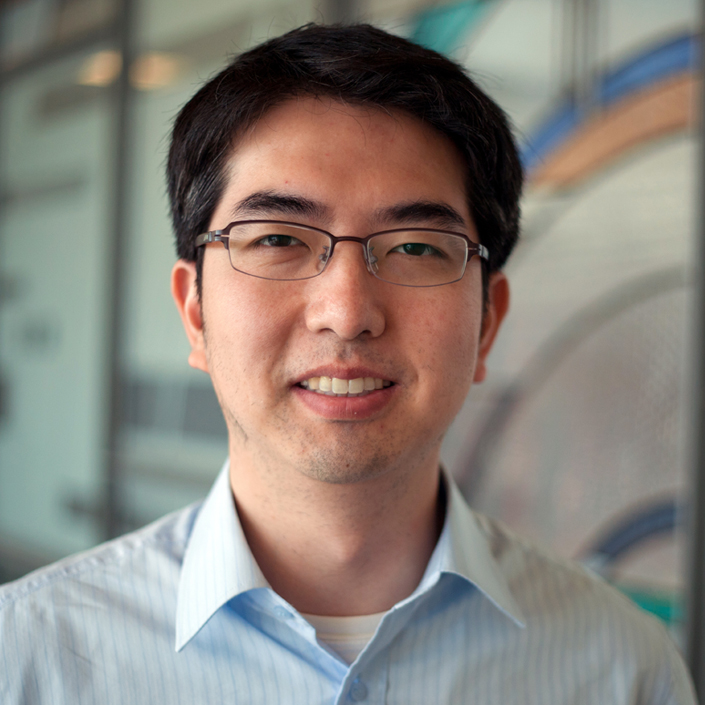
Prof. Lee joined the department in Fall 2010 as an assistant professor and was promoted to associate professor in 2016. His research interests lie in machine learning and its applications to artificial intelligence. In particular, he focuses on deep learning and representation learning, which aims to learn an abstract representation of the data by a hierarchical and compositional structure, with applications to perception, generation, control, and decision making problems. Prof. Lee’s work received Best Application Paper Award at ICML and Test of Time Award at RSS.
In 2013, Lee was selected as AI’s 10 to Watch; in 2015, Lee received an NSF CAREER Award; in 2016, he was awarded a Sloan Research Fellowship and named a Morris Wellman Faculty Development Professor; in 2022, he was inducted as a Foreign Member of National Academy of Engineering of Korea. Since 2020, he has served as Senior VP and Chief Scientist at LG AI Research.
Emily Mower Provost
Promoted to Professor
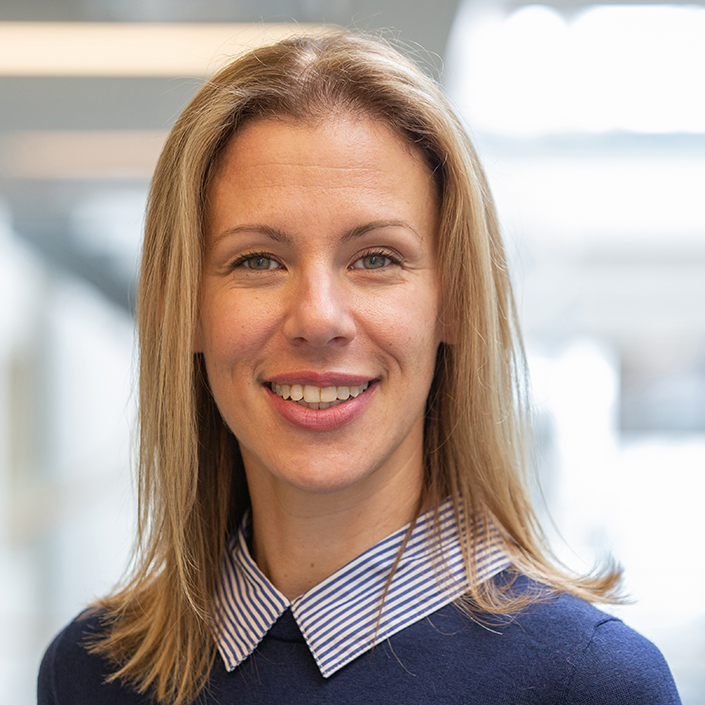
Prof. Mower Provost joined the department in Fall 2012 as an assistant professor and was promoted to associate professor in 2018. Her research interests are in audio-visual modeling of human behavior focusing on emotion and the development of assistive speech-based technologies. She has developed methods to recognize mood for individuals with bipolar disorder and methods to estimate speech intelligibility for people with aphasia.
In 2015, Mower Provost received the Oscar Stern Award for Depression Research and in 2017 was awarded an NSF CAREER Award. In 2020, she was named a Toyota Faculty Scholar. She received the EECS Outstanding Achievement Award in 2022. Mower Provost has served as CSE’s first Associate Chair for Graduate Affairs since 2022.
Lu Wang
Promoted to Associate Professor with tenure
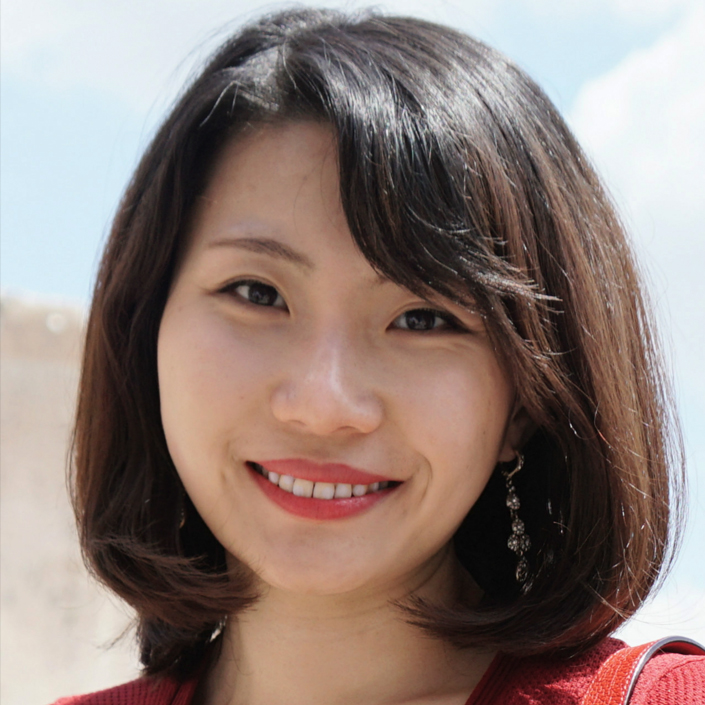
Prof. Wang joined the department in Fall 2020 as an assistant professor after serving on the faculty at the Khoury College of Computer Sciences at Northeastern University. Wang’s research is focused on natural language processing, computational social science, and machine learning. More specifically, she works on algorithms for text summarization, language generation, reasoning, argument mining, information extraction, as well as novel applications that apply such techniques to understand media bias and polarization and other interdisciplinary subjects.
In 2021, she received an NSF CAREER Award. Wang currently serves as Association for Computational Linguistics (ACL) equity director. She is a co-founder and an officer of ACL Special Interest Group on Summarization (SIGSUMM).
 MENU
MENU 
